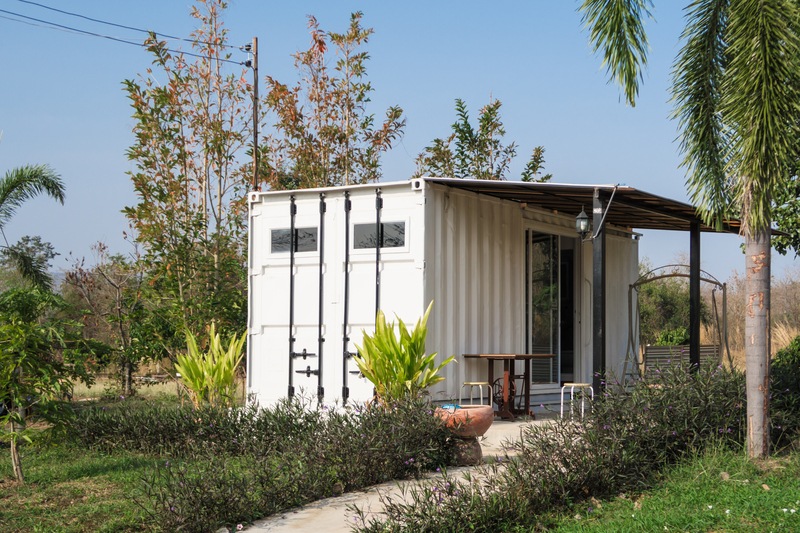Skip Bag Fee Analysis
Posted on 16/12/2024
Skip bag services have become increasingly popular as a cost-effective and convenient solution for managing waste. However, understanding the fee structures associated with these services is essential for making informed decisions. In this Skip Bag Fee Analysis, we'll delve into the various charges involved, compare them with traditional skip hire services, and provide tips for making the most out of your investment.
Understanding Skip Bag Services
Skip bags are heavy-duty waste bags that can be purchased from hardware stores or ordered online. They come in various sizes and are designed to handle different types of waste, including household junk, construction debris, and garden waste. Once filled, they can be collected and disposed of by the skip bag service provider.

Fee Structures of Skip Bag Services
The cost of using skip bag services typically includes several elements:
1. Purchase Price of the Bag: This is the initial cost of buying the bag, which varies based on size and brand.
2. Collection Fee: Once filled, a collection fee is charged to pick up the skip bag from your location.
3. Disposal Fee: This fee covers the cost of processing and properly disposing of the waste.
Most service providers offer packages that include the collection and disposal fees, but some may charge these separately.
Comparing Skip Bag Fees with Traditional Skip Hire
1. Cost Efficiency: Skip bags are generally more affordable for smaller waste removal projects, given their lower upfront costs compared to traditional skips.
2. Flexibility: You pay for skip bags based on usage, allowing for better budget management. Traditional skips usually require a fixed rental period.
3. Convenience: Skip bags can be stored easily and filled at your convenience, whereas skips need prior arrangement.
Factors Influencing Skip Bag Costs
Several factors can influence the total cost of using skip bag services:
1. Location: Fees may vary depending on your geographical location due to differences in transportation and disposal costs.
2. Type of Waste: Certain types of waste, such as hazardous materials, may incur additional charges.
3. Weight Limitations: Ensure you are aware of the weight limits for each bag size to avoid extra fees for overloading.
Tips for Reducing Skip Bag Fees
1. Plan Ahead: Estimate the amount of waste you need to dispose of to select the appropriate bag size.
2. Segregate Waste: Sorting waste efficiently can reduce costs, as some materials may be cheaper to dispose of.
3. Compare Providers: Obtain multiple quotes to find the best deal and service package.
4. Avoid Overloading: Stick to the specified weight limits to prevent additional charges.
Pros and Cons of Skip Bag Services
Pros:
- Cost-effective for small to medium projects
- Convenient and flexible usage
- Easy to store and transport
Cons:
- Limited capacity compared to traditional skips
- Additional charges for certain types of waste
- Variable collection times based on service provider

Takeaways from Skip Bag Fee Analysis
- Skip bag services offer a flexible and affordable waste management solution.
- Understanding the fee structure is crucial for cost-effective use.
- Various factors, such as waste type and location, can influence overall costs.
- Proper planning and provider comparison can lead to significant savings.
Conclusion
Skip bag services present an excellent alternative to traditional skip hires, particularly for smaller projects. By understanding the fee structures and implementing cost-saving tips, you can maximize the efficiency and affordability of your waste disposal needs. Make sure to evaluate the pros and cons based on your specific requirements to make the best decision for your project. The key takeaway is that with careful planning and consideration, skip bag services can be both a practical and economical choice.
Latest Posts
Essential Tips for Managing Organic Waste






